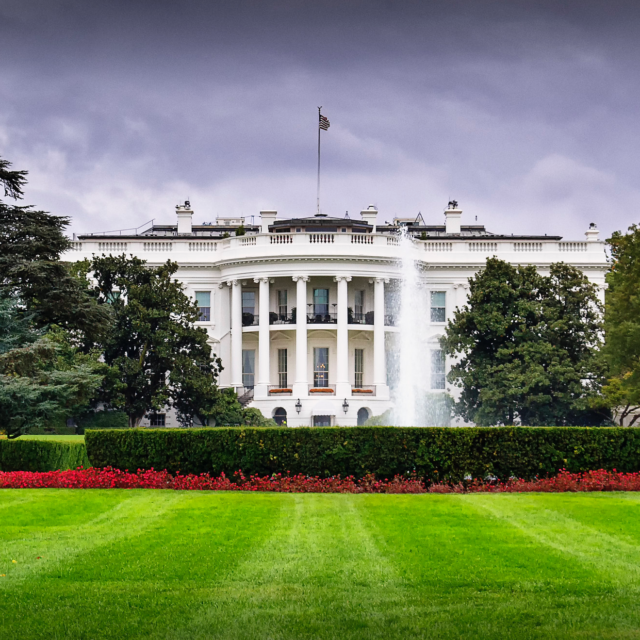Isabel dos Santos is Africa’s richest woman, worth an estimated $3 billion. She has amassed a global empire of businesses, luxury apartments, and artwork, and built a reputation as a self-made woman who succeeded through hard work and determination.
But reporting by investigative journalists has revealed she may have used secrecy and her government connections to help amass her fortune. Those connections included her father, who was president of Angola for 38 years until he stepped down in 2017. Dos Santos and her husband reportedly controlled a web of 400 companies and subsidiaries in 41 countries, including numerous anonymous shell companies, a commonly used financial instrument that makes it easy to hide one’s business dealings.
Dos Santos is believed to have personally benefited from her father’s longtime tenure as president. She is reported to have used anonymous shell companies to siphon millions of dollars out of Angola, a country with rampant poverty and high levels of infant mortality.
Anonymous shell companies are currently having a moment in the spotlight in the news – and for good reason. They are, after all, one of the favorite secrecy vehicles of the criminal and corrupt.
But what exactly are they? We thought it’d be helpful to explain what they are, why they’re a problem, what the solution is, and what you can do to help eradicate them.
What are anonymous shell companies?
Anonymous shell companies are secretive companies that legally allow the people who own or control them (the “beneficial owners”) to keep their identities hidden. Often, less information is required to create an anonymous shell company than to obtain a driver’s license, open a bank account, or even obtain a library card. Anonymous shell companies exist only on paper, and solely to store or move money and assets. They don’t have office buildings, products or real employees.
Why are they a problem?
Anonymous shell companies’ legalized secrecy enables corrupt politicians and others to hide their criminality behind a veil of secrecy, making them favorite vehicles for stealing, laundering, and hiding money. This makes it virtually impossible for law enforcement or anyone else to identify the real individuals ultimately responsible for the company’s actions. Anonymous shell companies are used by corrupt officials, drug, sex, and arms traffickers, terrorist organizations, tax evaders and fraudsters to launder and hide illicit money.
Anonymous shell companies are a favorite way for corrupt government officials and others to remove money from developing countries. The legitimacy afforded to legal corporations, particularly those registered in well-respected places like the U.S., makes it easy for anonymous shell companies to open bank accounts that can wire ill-gotten money to anywhere in the world. In far too many cases, this tactic has been used by corrupt officials to rob African countries of the resources they need to invest in health, agriculture, and poverty reduction. In addition, they exacerbate governance problems and undermine the prospects for investment and growth.
What is the solution?
The U.S. government should require that the identities of the true owners of companies be disclosed. This would enable law enforcement agencies, tax authorities, banks, and others to follow the money and flag and follow up on leads of suspicious activity.
In October 2019, the House passed bipartisan beneficial ownership legislation. The Senate has introduced its own bill – the ILLICIT CASH Act (S. 2563), with original co-sponsors Senators Tom Cotton (R-Ark), Mike Rounds (R-SD), Mark Warner (D-VA), and Doug Jones (D-AL). Both the House and Senate bills mandate that beneficial ownership information be provided to, and held by, the Treasury Department, and made available to law enforcement and banks.
In January 2021, the US National Defense Authorization Act contained important language that will increase transparency and fight corruption and poverty by strengthening federal anti-money laundering laws and requiring companies to disclose their actual beneficial owners. It’s a pivotal step forward in the global fight against corruption. The law requires 30+ million companies to disclose the identities of their real owners so that law enforcement and banks can monitor abuse. As a result, the US will be a riskier place for the criminal and corrupt to stash illicit money.
Originally published January 2020.



